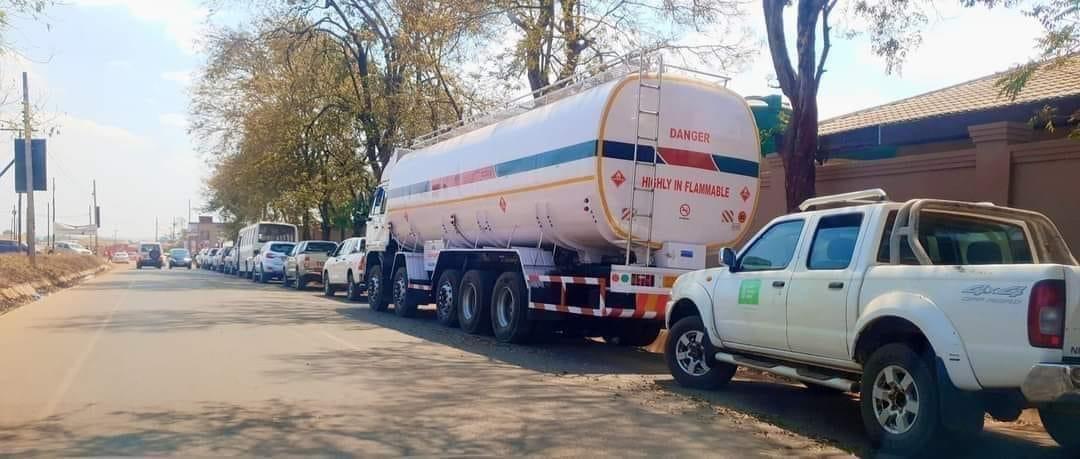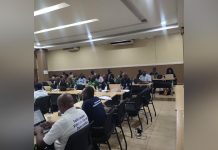Africa-Press – Malawi. Malawi has ground to a halt. From Blantyre to Karonga, long, winding queues of vehicles at fuel stations have become the new national landmark — a symbol of frustration, economic pain, and leadership paralysis.
Across the country, drivers wait for hours — some sleeping in their cars — hoping to get a few litres of petrol or diesel. Many stations have completely run dry. The few still operational are running at barely 30 percent capacity, receiving deliveries once a week or less.
This fuel crisis has paralyzed transport, trade, and essential services. Bus operators have slashed routes, taxi drivers have tripled fares, and in some districts, ambulances are grounded. Shops and markets are struggling to restock goods as transport costs skyrocket. Hospitals that depend on generators are on edge, fearing that fuel shortages could threaten life-saving operations and vaccine storage.
At the heart of the crisis lies Malawi’s crippling dependence on foreign currency and fuel imports. The National Oil Company of Malawi (NOCMA) admits that recent government-to-government fuel shipments were delayed after letters of credit were approved late, disrupting the entire supply chain.
Meanwhile, fuel tankers loaded with millions of litres remain stuck at Tanzanian borders, choking supply and deepening the chaos.
The Malawi Economic Monitor warns that the ongoing fuel crisis is eroding business confidence, slowing down economic growth, and driving inflation upwards. The International Monetary Fund (IMF) has linked the shortages of both fuel and fertilizer to the country’s severe forex crisis — exposing the fragility of Malawi’s economy.
Government officials insist they are working to stabilize the situation through fuel imports via Tanzania and talks to unlock international credit lines. But for most Malawians, these promises sound hollow as they watch their livelihoods slip into uncertainty.
Experts from MERA and NOCMA are calling for transparency in import financing, real-time updates on fuel stocks, and diversification of supply routes to prevent future crises.
For now, the long queues at filling stations are more than just an inconvenience — they are a mirror reflecting Malawi’s deep economic wounds. Until the pumps flow again, the nation remains literally and figuratively out of fuel.
For More News And Analysis About Malawi Follow Africa-Press






